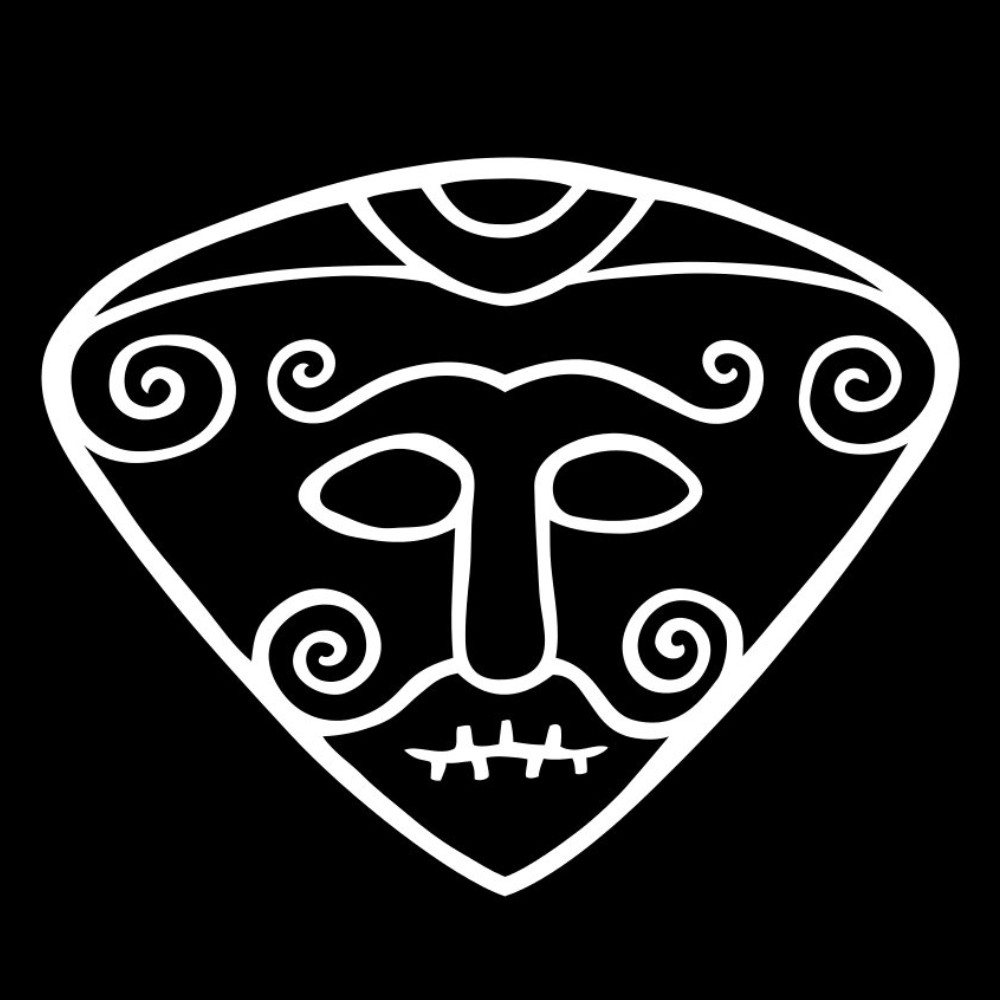The only Hindi acronyms that I know of are offensive. There’s mc, which stands for madarchod (motherfucker), and bc, which stands for behenchod (sister fucker).
There’s also the rarely used AMJ, Hindi equivalent of TIL, used on the Hindi version of r/todayilearnt (r/aajmainejana).
Nepali has quite a few.
का. म. पा. (Ka ma pa) - Kathmandu Mahanagar Palika - Greater Kathmandu Metro.
मा. प. से. (Ma Pa Se) - Madak Padartha Sewan - directly translates to taking of illicit substance but is used to describe DUI
ने. बि. (Ne Bi) - Nepal Bidhyarthi - Nepal student (Association)
भु. पु. (Bhu Pu) - Bhoot Purva - Past/previous.
There are more that I’m blanking out on right now.
Updoot for nepali
French :
ftg : ferme ta gueule (shut it) ntm : nique ta mere (fuck your mom) slt : Salut (hello) cv : ça va ? (How are you?) ptn : putain (fuck) srx : sérieux (really?) jpp : j’en peux plus (I’m fed up)
Don’t forget rsvp!
RSVP is more prevalent in the US (and the english speaking countries) than in France ;)
Well TIL. Thanks!
I love that you started with the insults mdr
A regular French thing I guess
Of course! In Greek we say ΓΤΠ and sometimes anglicise it a gtp. It directly translates “for the dick” which means something is rubbish.
We sometimes shorten γαμώτο (fuck) το ‘γμτ’
Not necessarily an acronym, but here’s a fun one for Japanese: Laughing in Japanese is warau, which gets shortened when typing to just w. If you want to laugh a lot, you would type wwww. That ends up looking like a field of grass, so that in turn gets shortened into 草 (kusa, or grass). Basically, 草 is the Japanese equivalent of lol
Also, in Chinese, thank you is often abbreviated as 3q, because when you say it out loud, it sounds like “thank you” (san kyu)
In Thai, the number ‘5’ is pronounced like “haa”, so Thai people write 555 to signify laughter, similar to ‘lol’.
I learned pretty quickly to avoid Mario Maker levels with “wwww” in the title.
Hundreds of elden ring messages that just say “grass” or “time for grass” in random locations suddenly make sense now
So would saying “touch grass” in Japanese be almost the same as saying “go to a comedy show?” :p
Also, in Chinese, thank you is often abbreviated as 3q, because when you say it out loud, it sounds like “thank you” (san kyu)
This is in Japanese too.
I just wanna throw in French‘s s.v.p. for si vous plait, “please“, and German’s valediction MfG for Mit freundlichen Grüßen, “with best regards/wishes/greetings”.
The latter is disappearing again I think. It was actually meant as a parody in a very popular 1999 song about German acronymization madness by the rap group Die Fantastischen 4. Somehow people then thought it was okay to use it in adult correspondence.
In Denmark and Norway the “with best regards” acronym is healthy and well, and I doubt it’ll disappear any time soon.
Mvh Aasatru
Or even more obvious, RSVP
n.r.p.s.v.p.
Yes. Here are some common ones in my native language, danish:
- pga: på grund af (because of)
- dvs: det vil sige (used for adding additional explaination)
- ift: i forhold til (in relation to)
I’m certain there are also some more modern slang abbreviations in use, but these change relatively frequently, like they do in English.
Question from a curious mountainmonkey: We have the same phrases and abbreviations up here, and is Danish equally as subject to people abusing “I forhold til” when they actually mean “I forbindelse med” or “med tanke på” ?
Is there also an abbreviation similar to Swedish m.v.h. (med vänliga hälsningar) or German MfG (Mit freundlichen Grüßen)?
Mvh. exist and is used commonly in Danish. It’s considered old-fashioned. The modern version is just Vh.
Those are official abbreviations that can be found in a dictionary.
The ones OP posted aren’t all official. TBH and SMH are official. IMO is internet slang.
There’s not a lot of consensus on internet slang abbreviations in Danish. It was more common back in the texting days, when all girls would end their messages with an S for “smiling”, SS for “smiling sweetly”, or KKK for “hugs hugs and kisses”.
Someone once made an index: https://www.telemarkedet.dk/sms-ordbog-sms-sprogets-forkortelser
I remember this GG ^^
And then you gotta type your smiley faces with a nose :-D
Good game or grin grin.
I always read it as *griner griner*, even though i know it was supposed to be griner godt lol.
I feel like the difference between good game and laughing would be the asterixes.
I speak Dutch, reading Danish is a trip. Dat wil zeggen -> det vil sige. And yes we use dwz.
We use plenty of abbreviations like that too. Like aub for alstublieft. Meaning please, or more literally if you would be so inclined.
Back in the 90s when I lived in Amsterdam, I also saw svp (which is actually French) used often instead of aub. I never understood why though.
Also, ff wachten for example. ff is short for effe, or rather “even”. Just wanted to throw that one into the mix.
Edit: alstublieft is also a short version of “als het uw blieft”
In Spanish there’s some things like “xq” instead of “por qué/porque” but it was only used in SMS messaging to use less characters. If someone talks to me like that I won’t reply, it just doesn’t have the same vibes as in English.
…which makes me kind of a hipocrite for using “obv” for obviously (obviamente).
A few more in case anyone is interested:
- Tkm Te quiero mucho, I love you
- Ntp No te preocupes, don’t worry
- Tlj Te lo juro, I swear (to you)
- Cdt Cuídate, take care (of yourself)
- Tki Tengo que irme, I gotta go
Spanish bases its texting slang around phonetics, instead of the English way of the first letter of the word
Alv (a la verga).
Npi (ni puta idea)/ no fucking clue
Alabad La Virgen
For anyone else who is curious but doesn’t already know “por qué” = “because”.
Por qué means why. Porque means because ;)
Thats what get for using google translate.
Thanks for correcting!
Por que?
Porque.
Por que?!
Porque.
¡Te pregunto quién sale primero!
(I don’t know spanish)
é é é é é feel free to take as many as you need
And that’s why we say “porque sí” and not just “porque”. It’d be so confusing! :P
It’s confusing enough, we actually have 4 different forms:
-
Porque (because)
-
Por qué? (why?)
-
(el) porqué: the reason why
-
Por (el/la/lo) que: I don’t think this is used anymore without the article, but some linguist correct me please.
Most people don’t know how to use the latter two, even I am still confused about the last one.
-
“xq xq xq xq n m kiere” is 90’s msn vibe.
Yes, they do.
I don’t speak French natively but I happen to know their version of lol is “mdr”, short for mort de rire (dying of laughter)
Anytime people needed to save space while texting you have acronyms(tbh) or shortenings(no 8 m8) happening so it’s not surprising many languages have them.
French does.
Anytime
Newspaper classifieds used to be full of arcane abbreviations.
Now we have the internet we can look up a cheatsheet, but no longer use newspaper classifieds.
I’m Portuguese we don’t use many acronyms, but we have shorter versions of words with the vowels removed or things like that. When people tried to use acronyms we ended up with “fds” which some people read as weekend, others read as “fuck it”. The only other acronyms I can think of right now are all for offenses such as fdp (son of a bitch) and cdf (“ass of iron”, very old term for calling someone a nerd).
Assuming you mean texting style acronyms, yeah, we have them in German and I’d assume in other languages too.
Alongside the stuff borrowed from English 1:1, there’s stuff like bb for “Bis bald” (See you soon) or hdl for “hab dich lieb” (Love you)
I’d assume other languages do the same out of efficiency or laziness.
In slovenia, we have (I know this isn’t the exact same thing)
- Informal:
- LP - lep pozdrav (something like best regards)
- Formal
- itd - in tako dalje (something like etc.)
Japan goes crazy with abbreviated words. E.g. JK for Joshi Kousei (high school girl).











